Essay: There is no justice for black communities, with the pandemic and police violence
By Kindra Montgomery-Block
As a black woman from South Sacramento, I often find myself thinking about the strong, diverse families I grew up with and how each of their lives were shaped and shattered by generations of social injustice.
In this moment of global pandemic, police violence and racial injustice, I sat down to write about compelling justice actions and found myself faced with accepting my deepest truth: I don’t believe in justice.
To gain the clarity that this moment has brought the world is to understand that justice does not exist for any of us. Unless we fight for it.
That’s why I stand with protestors—and for my old Valley Hi neighborhood and others like it.
The anxiety and isolation many have felt during the past few months while staying at home to prevent community spread of COVID-19 is a peek into the uncertainty and fear black communities face daily. When we hear that the goal is to “go back to normal,” we’re pained, because “normal” is not safe for us.
We have talked about, researched and proven our experience again and again without change. We can’t be expected to be patient when so much is at stake.
That’s why we’re organizing on the street, in meeting rooms and in public spaces, bringing together diverse and broad coalitions to address the deep pain and structural policies and practices that violate our humanity.
Sacramento, we see you standing with us, we see you lifting up our voices so we can tell you what we need:
Listen to us
If you listen to those protesting in our streets, you’ll hear deep frustration with the inequities black families, youth and neighborhoods experience in every aspect of their lives.
We don’t want to have to fight for our lives. We don’t want to crowd into the streets during a public health crisis that is killing us more quickly than anyone else. But we love our community and, like anyone would do for their loved ones, we’ll engage every avenue we have to be heard.
Invest in community
We have the skills and power in our communities to be safe and healthy—but we need significant funding to sustain them.
We need Sacramento and every city, county and state to make deep investments in the systems we’re building, networks of trusted community organizations with the knowledge and relationships to create job opportunities, train youth, organize communities and prevent violence.
End violence against us
All violence against us must end. When our systems oppress us rather than protect us, answers coming from those systems are unacceptable. We demand real accountability and investments in communities, not police.
Our definitions of health and safety must come from our communities themselves.
Prioritize our health
With real funding and support, we can change the physical, mental, emotional, economic and social health of our communities.
We’ve done it before. The Black Child Legacy Campaign, which I’m proud to lead, emerged six years ago to address 30 years of statistics demonstrating that black babies died at double the rate of other children in our county. Quickly—though only through consistent funding of the community-led network—we saw mortality and disproportionality drop.
As the COVID-19 pandemic hit, our city and cities like ours chose to prioritize the health of residents over the health of our economy. Our state faced a difficult decision, but our values dictated that saving lives was the greater good.
Yet, we’re met with resistance and weapons when we take to the streets to ask to make the same choice now. Choose our lives.
I may not believe justice exists, but I will always believe in the pursuit of it.
“The anxiety and isolation many have felt during the past few months while staying at home to prevent community spread of COVID-19 is a peek into the uncertainty and fear black communities face daily.”
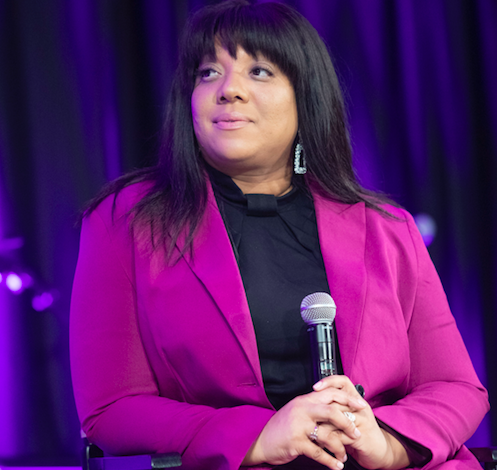
Kindra Montgomery-Block is associate director for community and economic development with Sierra Health Foundation and The Center, which manages the Black Child Legacy Campaign.

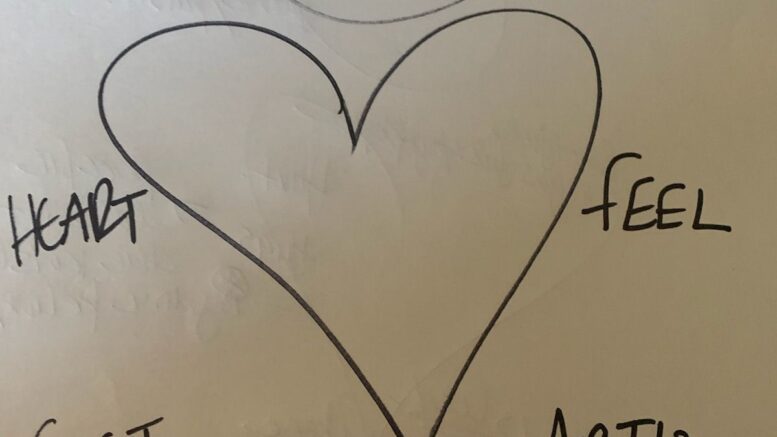

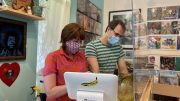
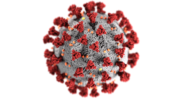
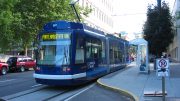
Be the first to comment on "‘Normal’ is not safe"